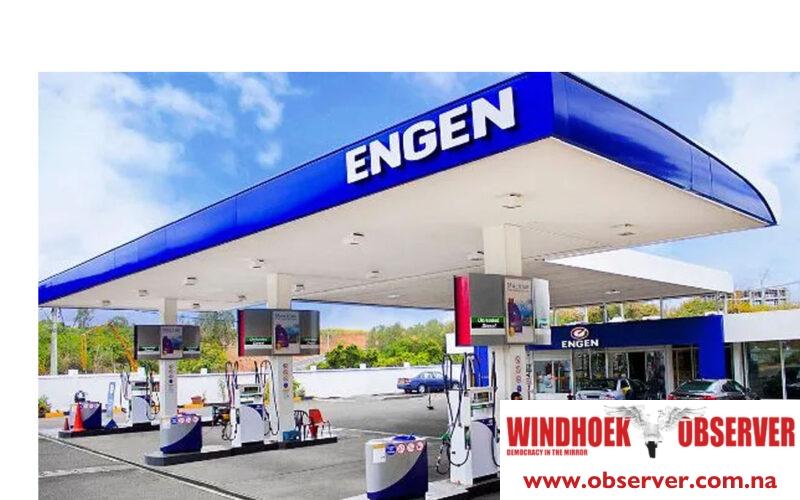Hertta-Maria Amutenja
Namibian service station owners have expressed concerns about the financial strain posed by the new minimum wage legislation, set to take effect on 1 January 2025, warning that widespread retrenchments are imminent unless urgent action is taken.
Fuel and Franchise Association of Namibia (FAFA) chairperson Deklen Viviers said service station owners have approached the Ministry of Mines and Energy (MME) to review the profit margin structure.
“We had two meetings with the ministry on this matter, and we provided them with data from the service stations we represent,” Viviers said.
“The feedback was that they will not be able to review the current model, even though there is a substantial wage increase coming in January.”
Viviers noted that FAFA is engaging with the minister of labour to request more time to implement the changes or to re-evaluate the wage model for the industry.
He explained that service stations are not able to adjust their profit margins independently as they operate under a regulated system.
“Unlike normal businesses that can simply increase their selling price to accommodate rising costs, we cannot,” Viviers said.
He added that service stations are considering retrenching up to 40% of their workforce to meet the financial demands.
Namibia has about 270 active service stations employing more than 5 000 workers. The looming retrenchments could see 2 000 employees lose their jobs, which
Viviers described it as “inevitable” under the current conditions.
The dependency ratio of 6.7 to 1 means over 13 000 people could be affected by the potential job losses.
Viviers also highlighted additional cost challenges, including increased fees for security services and cash-in-transit arrangements, which could force some service stations to cancel these services altogether.
The regulated profit margin for service stations is determined by the MME.
Service station owners argue that the 2024 adjustment, which increased the dealer margin from N$1.83 to N$1.92 per litre, fell short of addressing financial challenges.
“At the time, service stations were already operating 73 cents below what was needed to cover costs. The increase only reduced the shortfall, not eliminated it,” he said.
In 2015, when the current minimum wage was introduced, MME adjusted the profit margin to accommodate the wage increase.
Viviers noted that no such adjustment has been made for the upcoming 250% wage increase.
The association has called on MME to revisit the profit margin structure before the new wage law takes effect, warning that failure to act could lead to devastating economic consequences for the industry and its workers.
“We need urgent intervention to protect both the businesses and the employees. Without this, the fuel industry may collapse under these financial pressures,” Viviers said.
Service station owners said they remain open to discussions with the government to find alternative solutions but are adamant that the current conditions make meeting the wage requirements impossible without significant job cuts.




